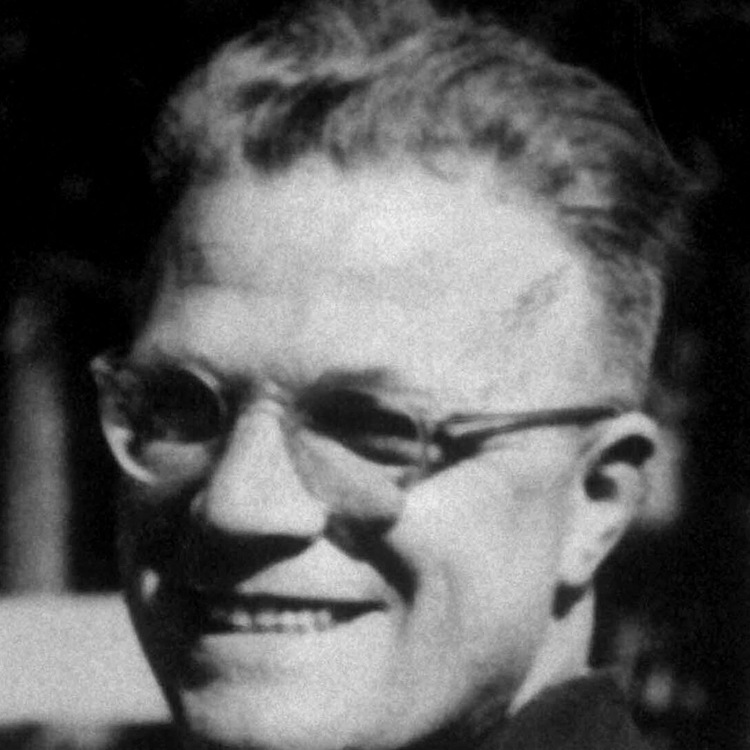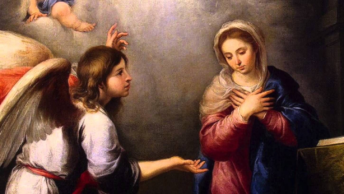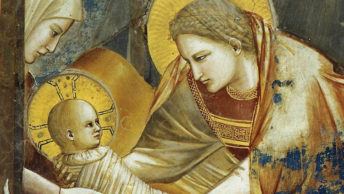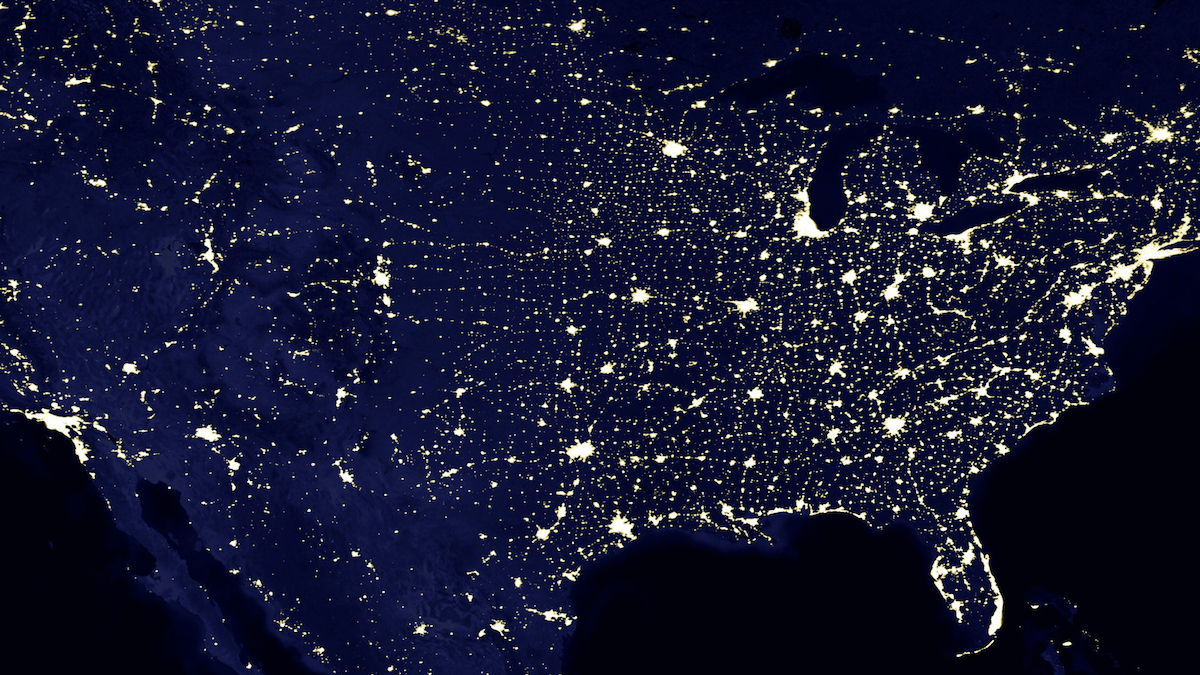In Germany during World War II, Father Alfred Delp could not stand idly by and watch as the Nazis systematically arrested Jews and sent them off to the death camps. And so he joined a resistance group. His duty was to feed and clothe Jews who were trying to flee to safety. It was dangerous work, but how could he turn his back on God’s Chosen People?
Father Delp was also a member of the Kreisaw Circle, a secret organization who met to plan the restoration of culture and morality in Germany once the Nazi war machine had been destroyed.
When the leader of this group was arrested, the Circle disbanded. But some of the members joined a resistance group that planned to assassinate Hitler. When the plot failed, the Gestapo rounded up anyone even remotely connected to the Circle, including Father Delp, who was arrested on July 28, 1944 and sent to Moabit Prison in Berlin.
After days of interrogation and torture, he was transferred to Tegel Prison to await eventual execution. Only the end of the war or divine intervention could save him.
So what does a priest do in a tiny cell without heat? Of course, he prayed. A sympathetic guard supplied him with a small amount of wine and altar bread so he could say Mass. It was a blessing beyond expectation. He yearned to do more, to communicate with his friends and parishioners. If only he could write to them, to remind them of the importance of the centrality of God in their lives, despite the death and destruction around them.
And then a small miracle. A couple of women were allowed to collect his laundry, clean it, and then bring it back. They offered to hide a pencil in his clothes and tiny pieces of paper. He could write whatever he wished, conceal it in the laundry, and they would pass it on to his friends.
In December of 1941, still waiting for an “official” trial, with his hands in cuffs, he began to write meditations for each Sunday of Advent, his favorite time of the liturgical year. What does a godly man write when in prison and facing imminent death?
For the First Sunday of Advent, he wrote about John the Baptist and the need for the Church to have many such men “forged by the lightning of mission and vocation.” Recalling the Annunciation, he urged his parishioners to look for other angels who come into their lives:
To believe in the golden seeds of God that the angels have scattered and continue to offer an open heart are the first things we must do with our lives. And the next is to go through these gray days as announcing messengers ourselves.
Of the Blessed Mother he wrote, “That God would become a mother’s son and that a woman could walk upon the earth, her body consecrated as a holy temple and tabernacle for God, is truly the earth’s culmination and the fulfillment of its expectation.”
The Second Sunday of Advent meditation focused on God’s promise and the need for conversion:
God is always the one who is coming, but not just some day in the future; He is right now, and always, in the process of coming . . .He comes as the God who wants to heal and save . . . The challenge to mankind [is] to take this God seriously . . . The way of salvation for the world is the way of the Savior. There is no other. One must see this and say it clearly, not water it down.
Despite his suffering in the dank, cold cell, his meditation for the Third Sunday of Advent was centered on how to be joyful in a world filled with destruction and loss. He declared that “holiness and happiness intrinsically belong together.” It is impossible to be happy without God:
The life of God is lived within us, within the deepest center of our being. Man becomes truly himself precisely at the point where he recognizes that the highest and brightest Being dwells within him. Moreover, he will rediscover himself and his own identity, as well as his faith in his own individual value, mission, and life options, to the degree that he comprehends human life as streaming forth out of the mystery of God. Then all that is negative and threatening is surmounted, its futility is exposed from within and simultaneously disempowered.
For the Fourth Sunday of Advent, Fr. Delp’s message was one of liberation, a release from the bondage of disbelief and sin. This can only come about through interior change:
The liberation must begin with the great conversion–the silent transformation of hearts that happens in the fruitful silence necessary to all authentic transformation–which, gathering itself to a mighty strength, will break through the frost-encrusted ground of adversity overnight.
On January 11, 1945, Father Delp was convicted of treason. A few days later he wrote, “It is the time of sowing, not of harvesting. God is sowing; one day He will harvest again. I will try to do one thing. I will try to be a fruitful and healthy seed, falling into the soil. And into the Lord God’s hand.”
Father Alfred Delp was executed on February 2, 1945, only two months before Germany’s surrender. To the end, he was the good shepherd who loved his flock. I pray his words will touch you this Christmas and always.
(The story and the words of Father Delp are found in Advent of the Heart: Seasonal Sermons and Prison Writings, 1941-1944, available from Ignatius Press.)








